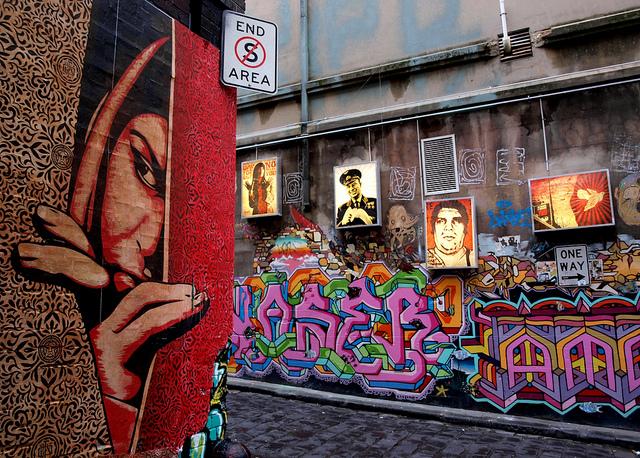
On 11 November, Prime Minister Scott Morrison spoke out against religious extremism because of its link to terrorism and violence. Opposition to his statement was swift, including from federal Labor MP Anne Aly, a former academic researcher into violent extremism and a Muslim. Home Affairs Minister Peter Dutton later rebuked Aly by name for denying that violent extremism in the Muslim community was a problem when she has spent decades researching it.
Aly is correct in at least one respect. The Australian government doesn’t seem able to deliver the right nuance on the difference between religious extremism and terrorism. Religious extremism takes many forms. Most extremist religious views do not espouse violence, but all create troubling political manifestations because they are, well, extreme.
In countries that are committed to the absolute human right, freedom of conscience, extremism is a human right. Extremism is not a crime. And government leaders in these liberal democratic countries must be able to distinguish between extremism and criminal terrorist activities.
Morrison called out ‘radical, violent, extremist Islam’. That is a fair comment. His subsequent comment went too far by calling out ‘religious extremism’ and the ‘radical and dangerous ideology of extremist Islam’. The prime minister made these statements while claiming he’s ‘the first to protect religious freedom’, citing his knowledge of the lessons of history.
This is important because too many Australian citizens can’t make the necessary subtle distinction and as a result incubate hostile sentiments towards anyone with extremist views. That includes extremist Jews, extremist Sikhs, and extremist Christians.
‘The question is not whether we will be extremists, but what kind of extremists we will be. Will we be extremists for hate or for love? Will we be extremists for the preservation of injustice or for the extension of justice?’ So said Martin Luther King in a letter from Birmingham jail in Alabama in 1963. He observed that Jesus had been crucified for the crime of extremism. As scholars Jamie Bartlett and Carl Miller wrote in 2011 on the difference between terrorism and extremism, ‘to be radical is merely to reject the status quo’.
In April 2017, Russia’s Supreme Court decided that the Jehovah’s Witnesses were an extremist organisation. As Tim Rymel wrote in the Huffington Post in commenting on that development and extremism in the broad sense, ‘Any religion that denies the value and humanity of others is an extremist religion.’ As an evangelical preacher, a ‘Dad’ and a survivor of gay conversion therapy, he went on to say: ‘Whether those actions lead to direct harm, or simply reduce protections through legislation, extremist ideology seeks to create one class that is believed to be more valued than another.’ He warned that the ‘grandstanding that fundamentalist Christians have done since marriage equality passed in 2015 [in the United States] has created a growing, and disturbing trend toward extremist Christianity’.
Bartlett and Miller concluded from their research that religion is just one of the elements that pushes someone to terrorist action: ‘[I]n addition to being an intellectual, rational, and religious decision, becoming a terrorist is also an emotional, social, and status-conscious one.’
In my own research on violent extremism and terrorism, conducted in universities and think tanks in Europe over a decade, I formed the view that failure to understand the distinction between radical and terrorist motivation makes it more difficult to spot the real terrorists. It also makes choices about appropriate responses more difficult. By blurring terrorists into their broader and peaceful radicalised community, enforcement agencies actually take a softer view of enforcement than they should. By treating the non-violent radicalised community as the threat and as the enemy, enforcement agencies lose focus on their highest priority targets.
That is the mentality in play that sees the Australian government cancel the passport of someone who declares himself for violence in 2015 in the name of religion, Hassan Khalif Shire Ali, only to allow that person fall off the watch list for future violence.
Radicals and religious radicalism are not the enemy. The only enemy is people who declare for violence or who lean towards violence.
In defeating terrorists, the Islamic community is definitely an ally of the government and ASIO. They are, almost certainly, a primary source of ASIO information. But in looking for allies, the government needs also to look to academics, like Anne Aly. Prime Minister Morrison could usefully revisit the work of social scientists and ethicists in our country and internationally on what religious extremism actually is in order to better contain the terrorists.